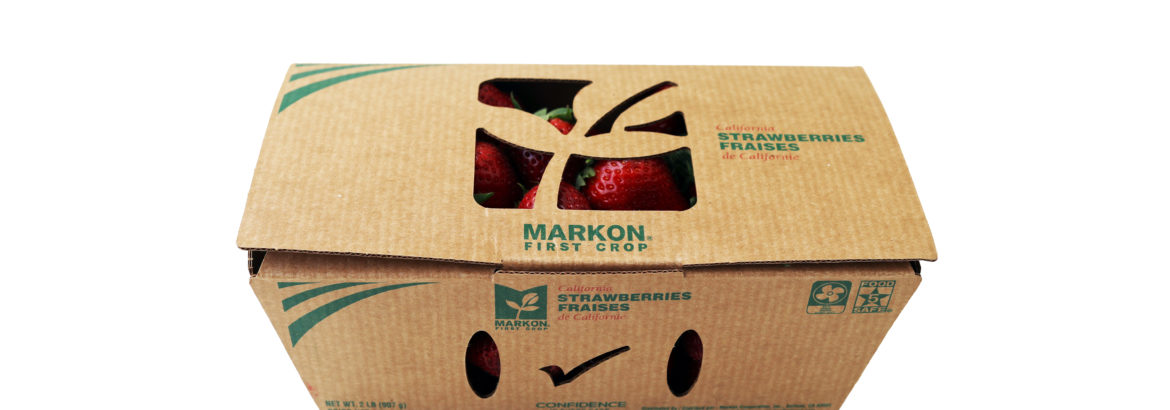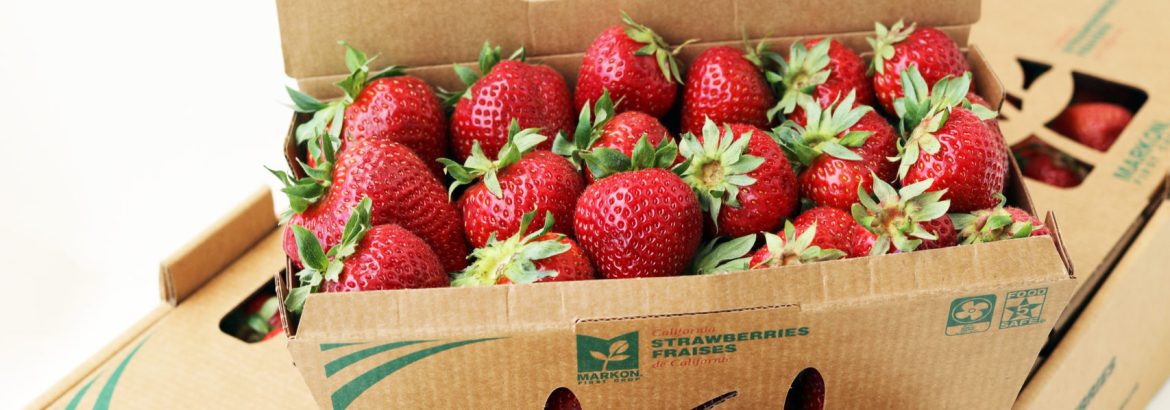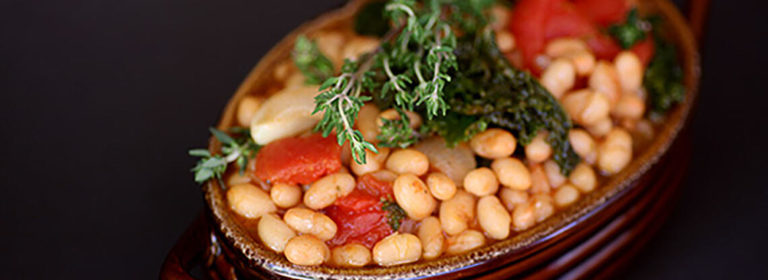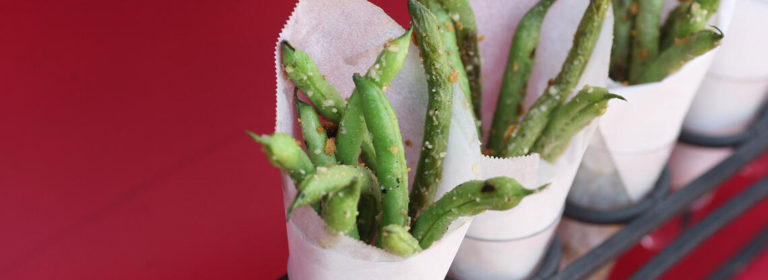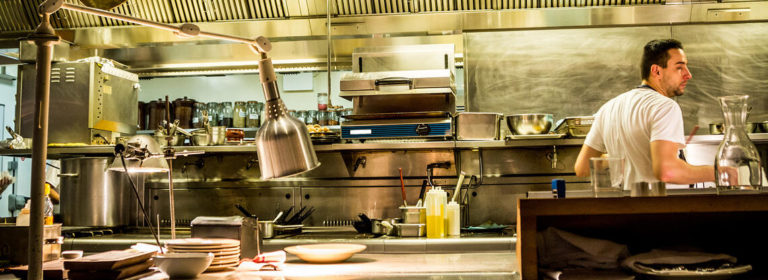As operators face challenges to their businesses from all sides – increasing food expenses, labor issues, etc. – it is easy to put sustainability on the backburner to focus solely on costs. But what if you can do both? It’s not always as simple as paper vs. plastic. Or investing in the latest technologically advanced culinary equipment. It can be as simple as using your produce wisely during an era when the labor pool is shallow.
Now, what exactly does that mean and how will it save you money in the long run? Industry experts believe that sustainability should be high priority in 2022. It should certainly not be an afterthought, particularly for those operators looking to resolve some of their labor and supply issues.
That’s why we’ve gathered Markon’s very own Deena Ensworth and a knowledgeable collective of foodservice pros to offer their insights – from a produce point of view. Here, they discuss easy measures operators can take to build sustainable businesses that are primed for profitability.
Based on her observations as an industry insider, Cathy Holley believes that the restaurant industry has a long way to go to fully embrace sustainability. Independent restaurants, she says, have more of an eye toward sustainability than larger chains simply because they push the boundaries.
“Unless the concept is a more mindful operation like Flower Child or True Food Kitchen, the majority of operations are looking at survival,” explains Holley, the publisher/editor-in-chief for Flavor & The Menu. “Sustainability, because of the moving parts of the pandemic, had to take a back seat in 2021. We were really making strides with sustainability going into 2020 where they were looking at takeout packaging that was more eco-friendly, but now it’s now a challenge. 2022 is a time to reignite that conversation.”
She believes food waste should be a front-burner issue as well. One of the last conferences she attended pre-pandemic focused on how big brands were handling food waste. Overall, she says, it has been shelved to deal with more pressing industry issues. But because consumers are savvier than ever and curious about behind-the-scenes goings-on, transparency is key.
“What are we doing to tell our consumers that we’re dealing with our food waste in a different way than we were pre-pandemic?” offers Holley, who is also president of The Flavor Experience. “It’s more the conversation around what comes into the kitchen and what goes out. How are you sourcing your products and what kind of packaging are they in? That should be addressed. And what are you doing with your waste when you’re done with it?”
Addressing those issues at the core is Markon. When the company was founded in 1985, sustainability was one of its fundamental beliefs, says Ensworth, who acts as Culinary Innovations Director for the company.
Packaging is part of that program, beginning with “iceless” broccoli, cilantro, and parsley. The groundbreaking approach consists of the produce being hydro-vacuum cooled within two hours to four hours of harvest for optimal moisture retention. Additionally, the fast cut to cool time retains the products’ shelf-life after harvest.
“Markon was the first to introduce this process way back in 1989—and the industry quickly followed suit,” says Ensworth. “We followed up with many other firsts, including staple-free, recyclable cartons, reduced pack sizes to decrease staff injuries, and the most recent, our corrugate recyclable strawberry clamshell that has already prevented over 85 tons of plastic from going into landfills or ocean environments.”
While the various packaging offerings are great for the environment, they’re also designed to help manage kitchen costs. Ensworth says Markon works hard to “offer earth-friendly packaging that lowers a restaurant’s carbon footprint and waste bills.”
Evolution is also key, which is why the company frequently surveys customers to home in on their needs. That typically consists of different cuts and packs that might help mitigate labor shortages and space constraints. “We’re solutions oriented and work closely with our customers to put more produce on plates,” she says.
That’s one of the reasons why chef Kyle Hash has been a Markon customer for several years. “The cardboard packaging definitely prevents moisture from sitting on the products, thus allowing them to stay dryer and fresher longer,” describes Hash, the executive chef at 28 North Gastropub in Melbourne, Florida. “Plastic containers of the past didn’t exactly allow for that.”
Toward the end of each year, Nicholas Gonring visits approximately 120 restaurants and tastes 1,200 dishes in Chicago, Los Angeles, and New York. He’s researching relatively new establishments driving innovation and helping to shape culinary trends across the country. A former restaurant chef, he’s worked more than 10 years as the Corporate Consulting Chef for Gordon Food Service overseeing its North American culinary department.
From his observations during his travels in late fall 2021, he concluded that sustainability can be achieved by alleviating some of the hardship on the labor side. Pre-pandemic, chefs relished in using every part of the produce, creating vinegars, sauces, unique garnishes, and more, so as not to waste anything. There’s simply not enough time for that anymore, he says.
“Is it worth the time to invest in using every part of the produce or is it smarter to buy prewashed produce ready to go,” challenges Gonring. “You have to look at your labor to decide if doing all that is shaping the customer experience.
“Can you buy something that is already peeled, instead of peeling pounds of produce? In a perfect world, chefs would love to do this, but many do not have the luxury because of labor issues.”
Of course, Markon has created a product line to address this issue. With the Ready-Set-Serve line of fruits, juices and vegetables, operators get consistent cuts and portion sizes, allowing them to capitalize on savings by reducing labor costs and calculating cost per dish. The full range of products is either lightly prepped, fully prepped, or table ready, such as Brussels sprouts, garlic, matchstick carrots, and shredded green cabbage.
For Ian Ramirez, the Director of Culinary Innovation and Operations for Creative Dining Services, sustainability is carried out in a practical manner. For a lower carbon footprint, he supports local student/onsite gardens at his accounts, elevates produce to center of the plate and demotes animal proteins to a “supporting role,” and champions seasonality.
“For example, menuing strawberries in January is not appropriate due to the fact that the price is high and the quality is low,” Ramirez explains. “This also helps on the carbon footprint with shipping, producing, etc.”
Here’s a deeper dive into Markon’s sustainability philosophy.
By Audarshia Townsend
About Markon
Markon Cooperative, Inc. brings a fresh approach and thinking to all of its premium farm-to-table produce so foodservice operators can bring the freshest ideas to their consumers. Based in Salinas, California, Markon serves as the produce purchasing, logistics, information, and marketing partner for its five member distributors (Ben E. Keith Foods, Gordon Food Service, Gordon Food Service Canada, Nicholas & Company, and Shamrock Foods) and their North American foodservice customers. Learn more about Markon’s commitment to providing the highest-quality, safest, and freshest produce at Markon.com.
